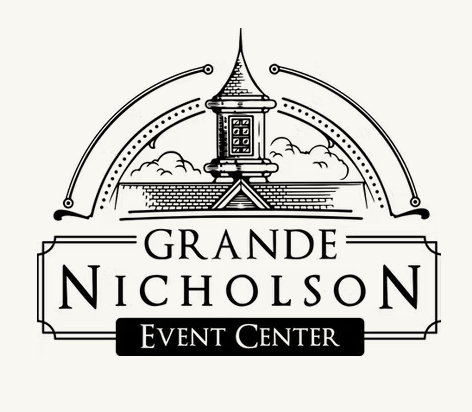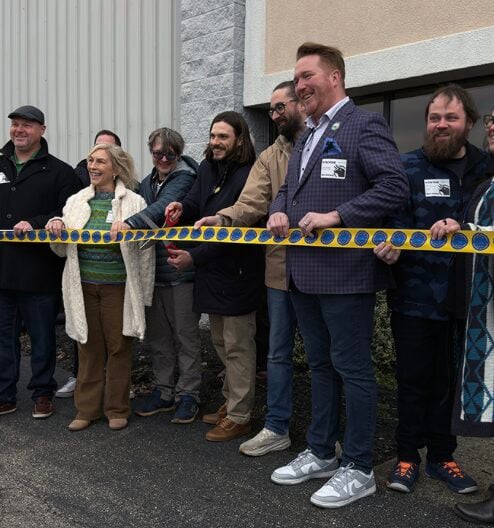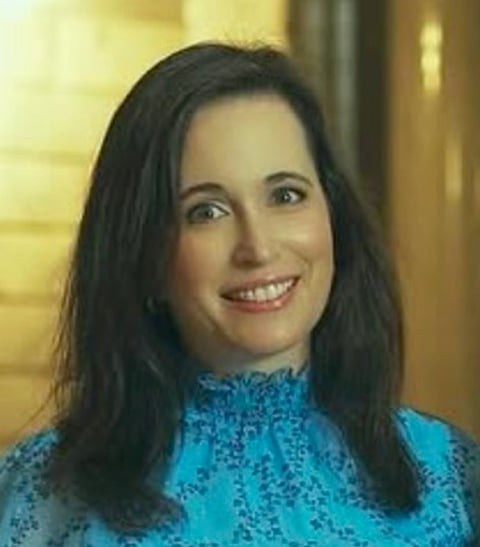Our country appears hopelessly split, those who support Trump and those who oppose him. While the reasons for the split and its intensity are numerous, the Trump factor seems to be the primary one. Differences in political philosophy and related beliefs seem to distill down to what one thinks of Trump and his agenda.
I have been spending small chunks of time talking with self-described moderate Republicans, to learn more about their political views. What I have been learning is not what I thought I would learn, or hoped to learn.
I thought I would find specific life experiences or circumstances that correlate with conservatism or hard “right” views. But they are not what I found.

Parents’ political views were not controlling – although relevant in some cases. Socioeconomic status was not controlling. Nor were types of schools attended, or churches of origin. Although present church affiliation does correlate more generally with political views.
Intensity of belief or conviction did not seem to be associated with any particular factor or position.
What emerged from these conversations was that these Republicans’ views are independent factors, not clearly correlated with other explanatory factors. Understanding has to be pursued regarding the beliefs and convictions under scrutiny themselves. Not to any particular factor or factors that might help explain how or why those beliefs and convictions evolved.
At least for the people I talked with.
I belabor this point because of the importance of trying to bridge the gap between those supporting Trump and those opposing him. A gap that appears almost unbridgeable, as the basic assumptions of the sides are so radically different.
If it is not clear – I am avoiding getting into specifics here, to avoid getting bogged down in them. I am trying to focus on the dynamics of action that lead, or could lead, to some degree of rapprochement.
In order to proceed with any hope of success, this process needs to be broken down. Is the issue the sides having different goals, or different ways to pursue the same goals?
For example, do we agree that government has a duty to help provide resources with which to reduce suffering and support recovery in natural disaster situations? Is our disagreement on that, or on whether that responsibility is primarily one of the federal government, or one primarily of the state and local governments?
Similarly with infrastructure maintenance and improvements. National or state and local duty?
The fact is that the gap under scrutiny is comprised of both of these concerns, different goals and different strategies to achieve agreed-upon goals.
Another example illustrates this. Republicans favor lower taxes and fewer government services – especially fewer services that benefit people they view as unworthy, not carrying their share of the load for their well-being. While Democrats favor greater levels of government services and the levels of taxation necessary to provide them.
There is no simple answer as to how to bring these sides closer together. Or certainty that that is even possible. But what strikes me, at least, is the possibility – and the seeming necessity – for those who have an interest in narrowing this gap to create opportunities for the parties to come together for conversation.
Conversation?
I am not naïve. I have spent a career trying to overcome differences between deeply divided constituencies about issues related to poverty. Over the decades there has been much more failure than success.
But – and this is key – there have been successes. And they are what have made this process worthwhile – for me.
In the end, this discussion distills down to something very simple: we need to talk with each other. In order to overcome both our own reticence about presenting our own values and beliefs in such a context, our fear that we cannot do so with the necessary skill or ability – and our disdain for the goals and values of the other side.
We must be prepared to set aside these very human concerns and pick up the mantle of responsibility.
If we can do this, the need for winners and losers will lessen, and the possibility of more partial winners will increase.
This is difficult to do. Which is why I have belabored it in such detail. It is not a normal instinct. As a former Ohio Medicaid Director said, collaboration is often “an unnatural act between non-consenting adults.”
So we must be very intentional about seeking ways to come together with our adversaries. And about how we approach them. The necessary ingredients are not mysterious: honesty, respect and courage. But they are not especially common in this era.
We are in great trouble in the land. We must do this. The well-being of our people and our institutions depends on it. We must work to bridge the gap. We must talk to each other.
Col Owens is a retired legal aid attorney and law professor, author of Bending the Arc Toward Justice, longtime Democratic Party activist, and member of the Boards of Directors of Gateway Community and Technical College and the Kentucky Board of Elections.

















